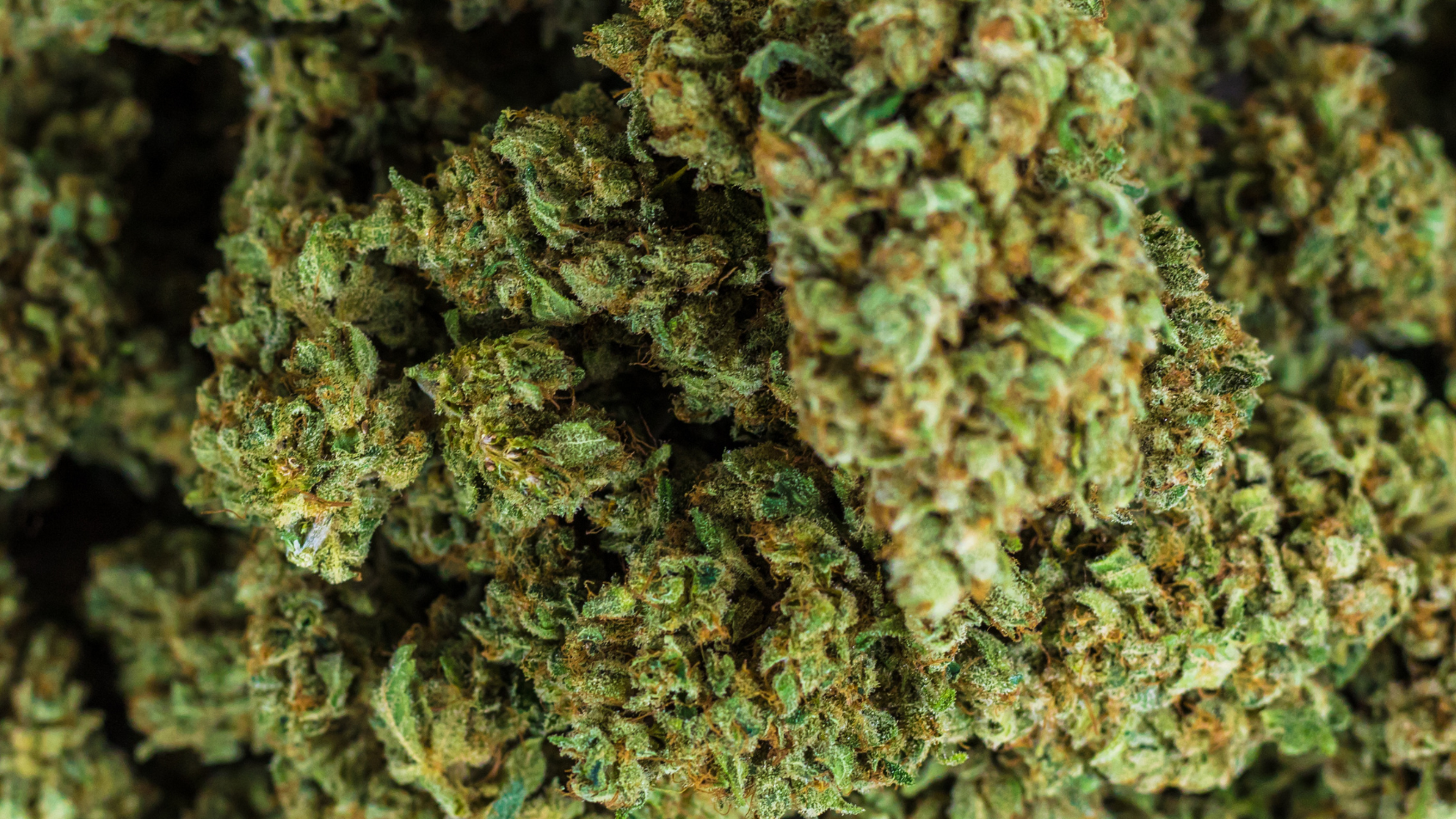Derived from the cannabis plant, CBD has gained popularity for its purported therapeutic benefits without the psychoactive effects commonly associated with marijuana. However, amid the hype and enthusiasm, a crucial issue has emerged: the lack of regulation and oversight in the CBD industry.
One of the primary concerns surrounding CBD is the inconsistency in product quality and labeling. With the market flooded with a plethora of CBD-infused products ranging from oils and tinctures to gummies and skincare items, consumers are often left in the dark about the potency, purity, and safety of these products. Studies have shown that many CBD products contain inaccurate labeling regarding the concentration of CBD and may even harbor harmful contaminants such as pesticides, heavy metals, and solvents.
Moreover, the legality of CBD remains a gray area in many jurisdictions. While the 2018 Farm Bill legalized the cultivation of industrial hemp (the primary source of CBD) at the federal level in the United States, the regulatory landscape varies widely from state to state. This lack of uniformity in regulations has created confusion for both consumers and businesses, hindering the growth and legitimacy of the CBD industry.
Another pressing issue is the limited scientific research supporting the efficacy and safety of CBD.
Despite the growing popularity of CBD products, there is still a dearth of robust clinical trials and empirical evidence to substantiate many of the health claims made by manufacturers and retailers. While some preliminary studies suggest that CBD may have therapeutic potential for certain conditions, such as epilepsy and chronic pain, more research is needed to fully understand its mechanisms of action, optimal dosages, and potential side effects.
Furthermore, the marketing of CBD as a panacea for various ailments has led to unrealistic expectations among consumers. While CBD may offer relief for some individuals, it is not a miracle cure, and its effects can vary widely depending on factors such as dosage, administration method, and individual biology. It is essential for consumers to approach CBD with a critical mindset and consult with healthcare professionals before incorporating it into their wellness regimen, especially if they are taking other medications or have underlying health conditions.
In light of these challenges, there is a growing call for increased regulation and standardization within the CBD industry. Stakeholders, including government agencies, industry associations, and consumer advocacy groups, are advocating for stricter quality control measures, transparent labelling practices, and comprehensive testing protocols to ensure the safety and efficacy of CBD products. Moreover, there is a need for more investment in scientific research to fill the knowledge gaps surrounding CBD and its potential applications.
Ultimately, while CBD holds promise as a therapeutic agent, its widespread adoption hinges on addressing the real problems plaguing the industry: lack of regulation, inadequate research, and misinformation. By fostering collaboration among stakeholders and prioritizing evidence-based practices, we can unlock the true potential of CBD while safeguarding the health and well-being of consumers.




